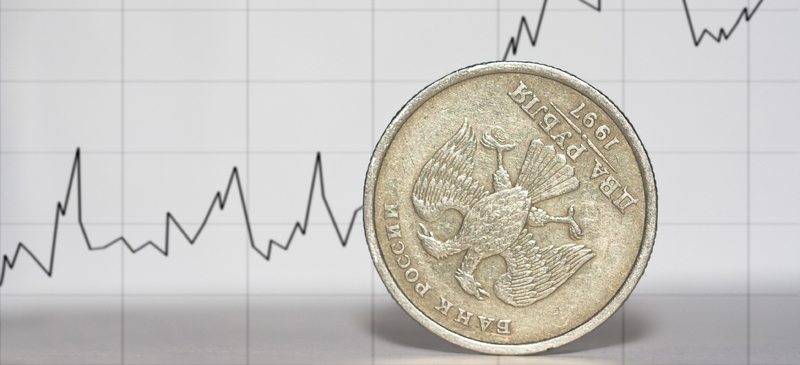
As crisis deepens, EBRD freezes new investment in Russia
"It is the EU sending a message that Russia is currently not a good place to put your money, and that is a message that I guess the private sector will pay attention to," said Ian Bond, director of foreign policy at the London-based think tank Centre for European Reform.
But at the same time, just like existing EU sanctions, freezing EBRD funding is a way to send a message without inflicting significant damage to either the Russian or EU economies. The EU's ties to Russia are significant: The 28-state bloc imported 206 billion euros ($277 billion) of Russian goods and exported 120 billion euros ($161 billion) to Russia last year, according to the European Commission.
On Tuesday, EU foreign ministers raised the possibility of industry-wide sanctions, but concrete economic measures against Russia still remain elusive.
"There is still this sense from a number of EU countries that we are not going to move to stage three [sector-wide sanctions] unless Russia does something really bad. And I am starting to wonder, just what would that be?" Bond said.
...But with the strong EU presence among its shareholders, the decision of the EBRD's board is more reflective of EU policy than of the stance of other development banks, [Fredrik] Erixon said.
Bond agreed: While the EBRD has commitments to the EU, "the IMF and the World Bank have always tried to avoid taking economic decision on political grounds," he said.
But there is a gray zone, he added. "There is always a margin of appreciation, that is, when does a negative political situation actually become a threat to the economy of the country concerned?"
